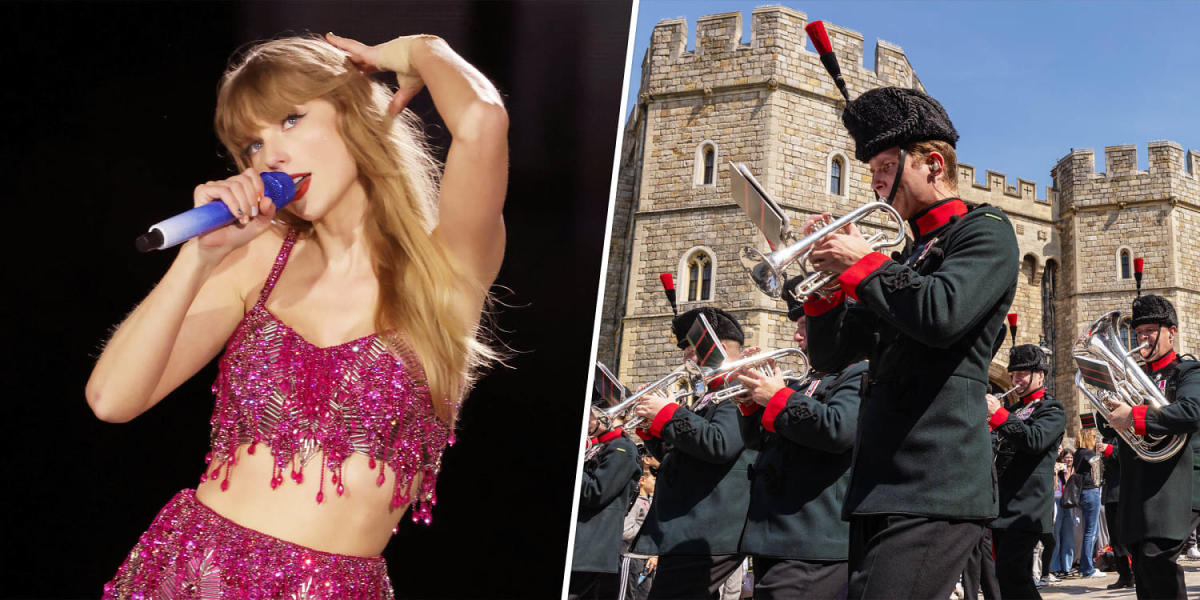Russia was upgraded to a ‘high-income country’ during the Ukraine war. Here’s why | World News

Thriving in a war economy: Despite heavy sanctions, the Russian economy exceeded all expectations, achieving high-income economy status for the first time since 2014, according to the World Bank.
)
Prateek Shukla New Delhi
Despite the wave of sanctions imposed by Western powers in the wake of the ongoing war in Ukraine, the Russian economy is doing surprisingly well. In its latest report, the World Bank upgraded Russia from an “upper middle income” country to a “high income” country. It last held this status in 2014.
The report attributed the rise in the country’s real gross domestic product (GDP) (3.6 percent) to several factors – including trade growth (6.8 percent), an increase in construction activity (6.6 percent) and a booming financial sector (8.7 percent). These figures are particularly surprising given that Russia saw a decline in its growth in 2022, when it began its offensive against neighboring Ukraine.
Click here to connect with us via WhatsApp
In fact, according to a forecast by the International Monetary Fund (IMF), Russia is likely to continue to experience economic growth until 2029. But don’t wars have catastrophic consequences for the economy?
Analysis of the anomaly
Usually, war hurts the economy because it consumes resources and causes a loss of human capital. However, according to the World Bank, the “war economy” phenomenon appears to have contributed to Russia’s growth. “Economic activity was influenced by a massive increase in military activity in 2023 and a recovery in trade.”
Moreover, the sanctions have not slowed down the Russian economy. On the contrary, Western brands like McDonald’s have been replaced by Russian ones like “Tasty that’s it”. Moreover, Russia’s exports, such as oil, have not suffered from strong purchases from countries like India and China.
Analysts also point out that Russian President Vladimir Putin had already shielded the country from Western sanctions before invading Ukraine through measures such as import substitution, strengthening partnerships with Asian economies, reducing dependence on the US dollar and even counter-sanctions.
However, experts add that the outlook for Russia is far from rosy. They suspect that Russia could be degraded to a “petrostate” that can only survive by selling its natural resources to China. Putin would have little incentive to work towards sustainable development, which would ultimately harm ordinary Russians.
Ukraine is also an outlier
Not only Russia, but also Ukraine has moved up the ladder. The country, which was previously a low-income country, is now an upper-middle-income country, according to the World Bank report.
While the country’s economy suffered a massive 28.8 percent drop in GDP growth at the start of the invasion, its growth now stands at 5.8 percent. A significant increase in capital spending as part of reconstruction efforts is boosting the war-torn country’s economy, the World Bank said.



